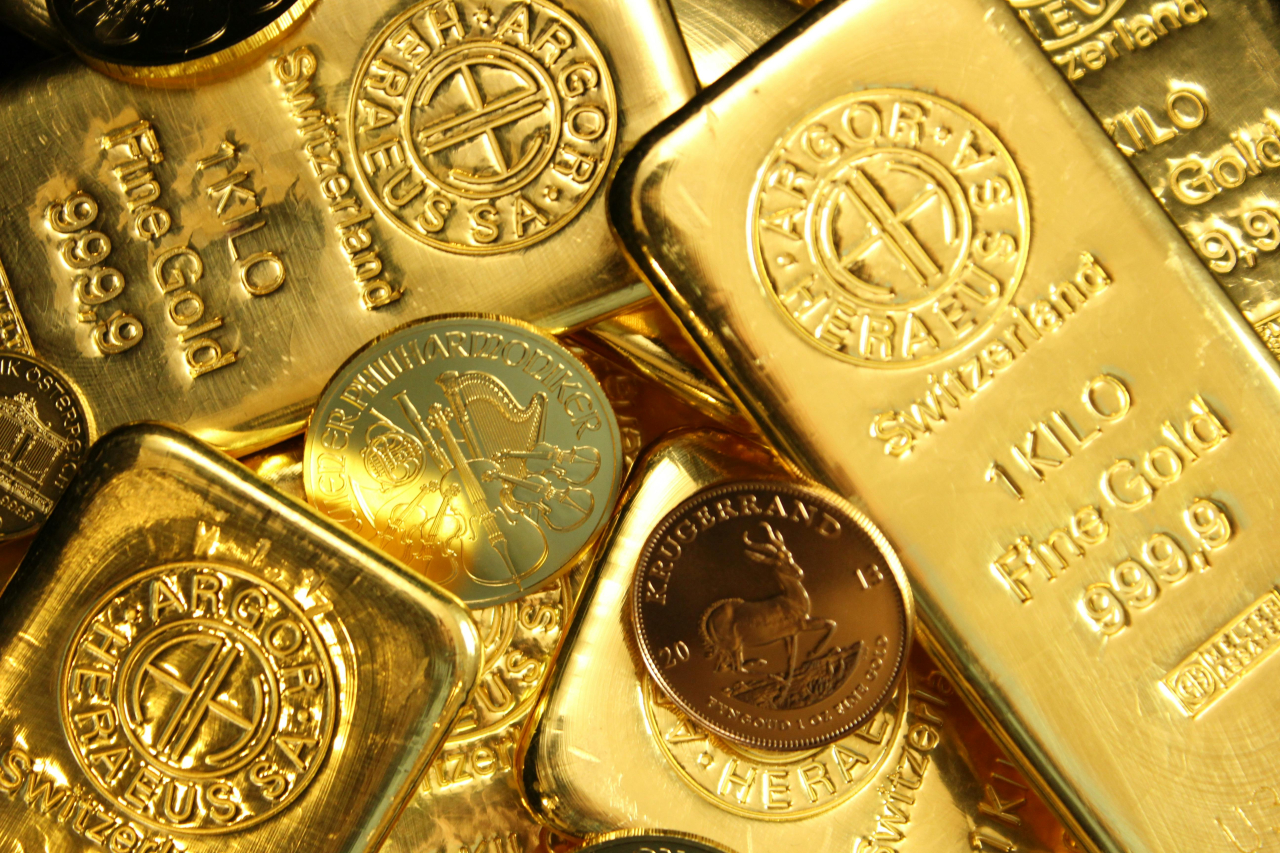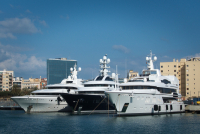Many investors are familiar with the term diversification, usually defined as spreading the inherent investment risk across different investment products within an investment portfolio. Precious metal investments can act as an optimal counterbalance to shares and investment funds, thus ensuring any loss incurred on one type of investment is effectively offset by the profit realised on another. Taking this tried-and-tested strategy a stage further, your physical assets can also be distributed across different locations. Storing gold outside the EU can prove to be advantageous – especially for those who value their privacy.
Bank safe deposit boxes offer significantly more security than storing your precious metals at home. And in fact, bank secrecy ensures that the contents of any safe deposit box are known only to the tenant. But what about customer anonymity? For several years now, banks have been obliged to record customer data, including safe deposit box numbers, in a digital database which can be accessed by financial supervisory authorities when investigating anything they deem remotely suspicious. These regulations are a consequence of the European Union (EU) fifth money laundering directive.
Private storage companies in Switzerland such as OrSuisse are exempt from this obligation. This is mainly due to the fact that Swiss citizens have a strong democratic say in any changes to Swiss law. As such, any dilution of Swiss banking discretion along EU lines would currently be unthinkable.
Switzerland is an ideal country for storing gold
Nevertheless, that does not mean that the control of money laundering is not an issue in Switzerland. However, an independent country is entitled to decide for itself how best to frame sensible laws its own citizens will understand and observe. Furthermore, the Swiss state is not obliged to adopt the often politically motivated regulations of the EU community, nor to accommodate the sometimes complex compromises agreed between its numerous individual members.
Switzerland is renowned for its high degree of political and economic stability. It has its own strong currency (the Swiss franc), and its low inflation rate and low national debt are the result of the country’s sound financial and fiscal policies. Apart from this, Switzerland has an optimal infrastructure and is easy to access from all European locations. The country’s unconditional protection of the property rights of citizens and visitors alike is deeply rooted in Switzerland’s historic past.
Storing gold in Switzerland, and thus outside the EU, can be arranged, for example, using the facilities offered by OrSuisse. Gold bars and coins are held in allocated & segregated storage and carefully listed on a negotiable warehouse receipt. OrSuisse negotiable warehouse receipts have recognised status as securities, which means physical precious metals can be flexibly traded even without any physical movement of goods. Such arrangements facilitate geographical diversification, which can be implemented very easily and with unique additional benefits for investors.








